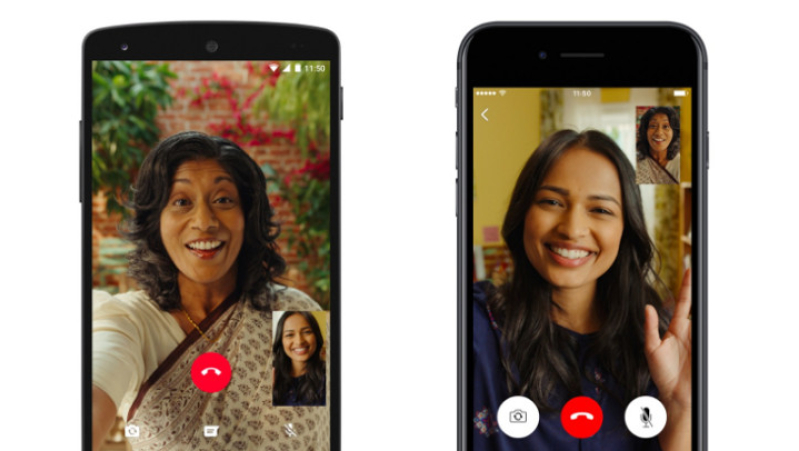
If there is one hugely popular instant messaging (IM) app that many people use around the globe, it would be WhatsApp. Boasting of more than a billion daily users, WhatsApp has been huge -- although not so much in the US as it is in the rest of the world. Of course, one should also not make comparisons to China-based IM apps due to the sheer number of local users in China alone. Having such a huge user base with the recent introduction of video calls in the middle of November last year, here’s some news concerning WhatsApp -- it is not going to offer support for devices that run on older versions of their respective operating systems. In short, if your smartphone or tablet runs on Android 2.2 Froyo or older, iOS 6.0 or older, or Windows Phone 7, then it is time to settle for an upgrade.
This plan was announced so that the WhatsApp team will be able to divert their resources to cater to the newer versions. It makes perfect sense actually, as most people would have moved along with the times with newer devices over the years, and in terms of technology, we are referring to ancient history with the kind of mobile operating system versions mentioned above.
There would not be too much of a brouhaha that will arise from this pullback of resource allocation and support by WhatsApp for one simple reason -- most of these operating system versions have a miniscule market share at the moment. Google’s Dashboard claims that majority of their devices are powered by Android 4.4 KitKat or newer, and a mere 0.1% of Android-powered devices in the world right now run on Android 2.2 Froyo.
As for iOS users, the number of folks who run a device that has iOS 9 or older would number at less than 8% -- which is negligible, actually. After all, WhatsApp isn’t going to offer support for iOS 6 or older, so that would shrink down the number of affected users (if any) even more. As for Windows Phone 7, what can we say? “Windows who?” would be better, and it is far more favorable to assume that whatever Windows mobile devices that are running at the moment would be Windows Phone 8.1 or newer.
Do take note that there are no more further plans to extend support for devices that run on Nokia's Symbian or BlackBerry OS platforms by the time June 30, 2017 rolls around, since WhatsApp claims that such ecosystems "don't offer the kind of capabilities we need to expand our app's features in the future."
We are quite sure that these will not affect WhatsApp growth in the year to come, and then some. After all, with more than a billion active users daily, not to mention more powerful features thrown into the mix like document sharing and the ilk, the number of those who have yet to jump on board will continue to grow, that is for sure.






